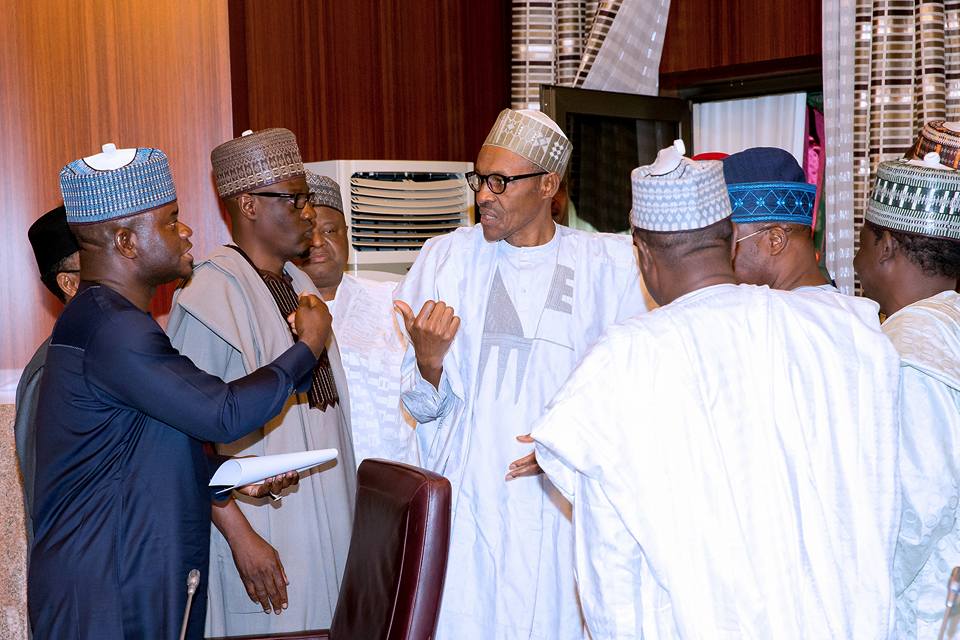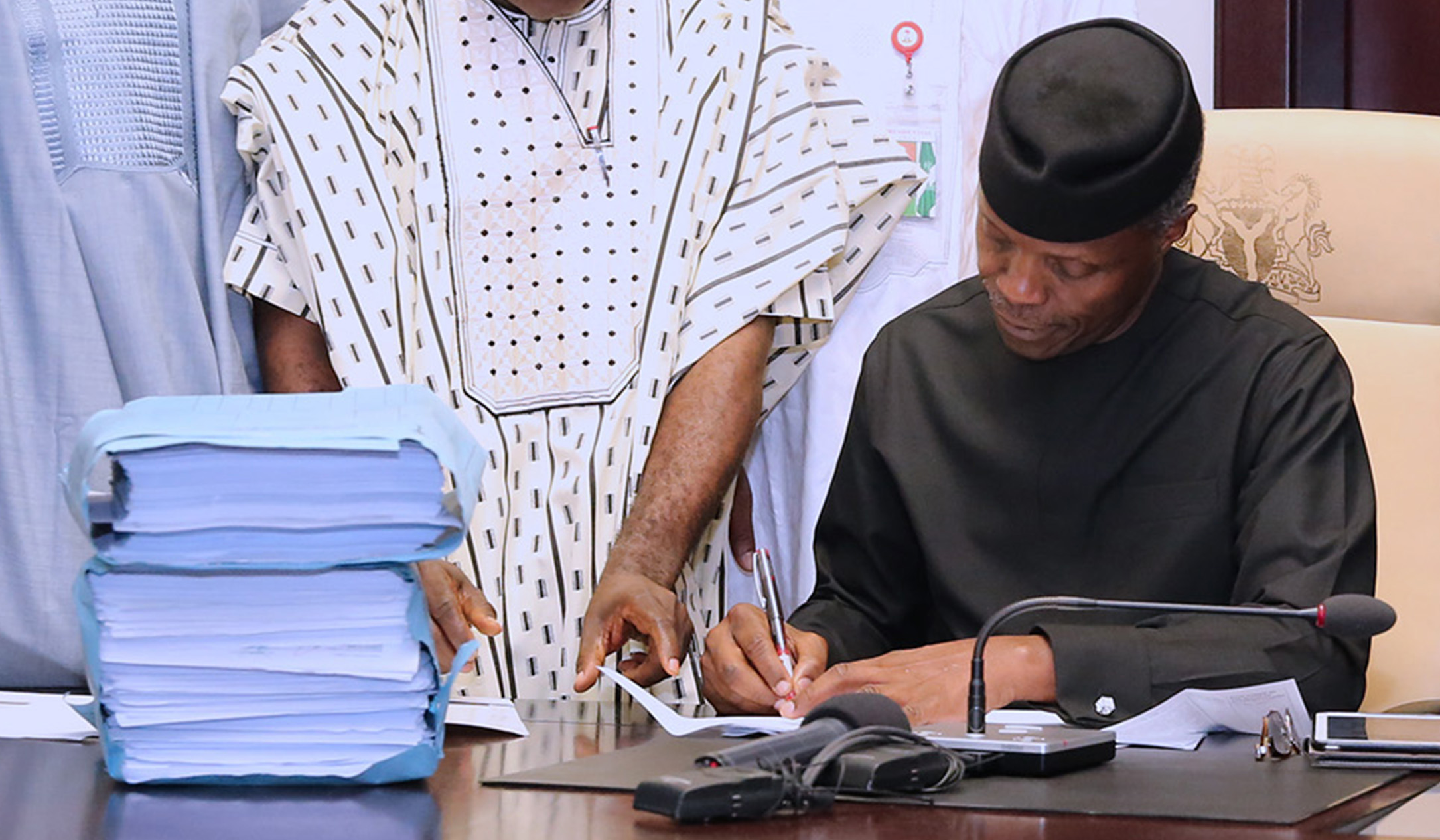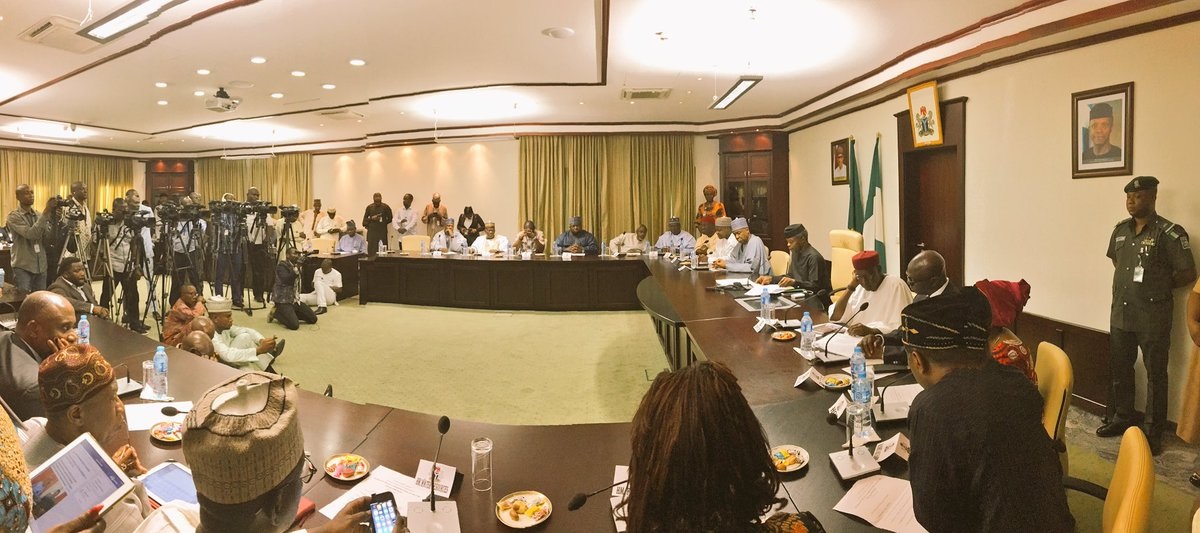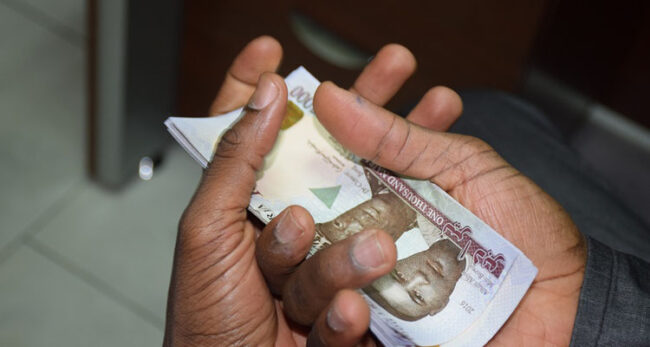The eyes of the world are on the United Kingdom once again following another unexpected outcome to an election vote.
Has recent history repeated itself once again? It certainly feels that way after it appears that market expectations were once again left on the wrong side of the trade when it comes to a UK vote, with the UK election concluding in a hung parliament. This wasn’t what anyone really wanted or expected as traders themselves watch the Pound slip 300 points against the Dollar, with losses in the British Sterling now seeing the currency diving all the way from 1.2950 to marginally below 1.2635 at the time of writing.
Before we dissect into the nitty gritty details around the behavior of the Pound there are a couple of other market-related questions on spectator’s minds, for example why has the FTSE 100 climbed higher at European open despite all of this uncertainty? This is most likely due to the Pound weakness and the inverse correlation that has seen Pound losses encourage FTSE gains over the past year.
Another question that has left some puzzled is why has the financial market fluctuations been so restricted towards the Pound, and not seen in other asset classes like demand for safe-havens? It appears that investors are treating the UK election as an independent Brexit/Britain issue, which is something that will lead to more concern for the UK and its economy than impacts elsewhere on the financial markets.
Advertisement
Moving back to the Pound, another question on the mind of traders is why is the currency not moving further south? With all the uncertainty in mind, the next direction for the Pound should be lower and I personally still think that 1.25 is the possible eventual target for sellers should the selling momentum continue. The outcome to the UK election has been the opposite to what traders priced into the markets with the expectation of a landslide victory for Theresa May not occurring, which is why the Pound is looking at risk to retracing all gains made since the announcement of the snap election.
Some even expected the Pound to plunge all the way towards 1.20 against the Dollar in the event of a hung parliament and while the market might not have moved as much as expected with the door of uncertainty for the UK open even wider following this result, what this means away from any valuations in the financial markets is that the worst potential outcome has been realized with official Brexit negotiations scheduled to begin in less than a fortnight.
It was widely perceived that the major motive for Theresa May to announce a snap election was to have a stronger hand in the Brexit negotiations, but her playing card has not turned out as she had hoped and now the UK is embracing even more uncertainty just days away from a collision course with the European Union.
Advertisement
Where does the market head from here? The risks look heavily tilted towards further downside pressure. What investors could be waiting for is some clues on what could possibly be happening next, before determining what direction the Pound should really be heading in next.
Although this outcome has come as an unexpected surprise for most, what we can confidently say at this stage is that the UK is going to encounter further political instability and this represents a wide contrast from the United Kingdom of the past, something that has clearly changed since the EU referendum and looks set to continue.
Add a comment







